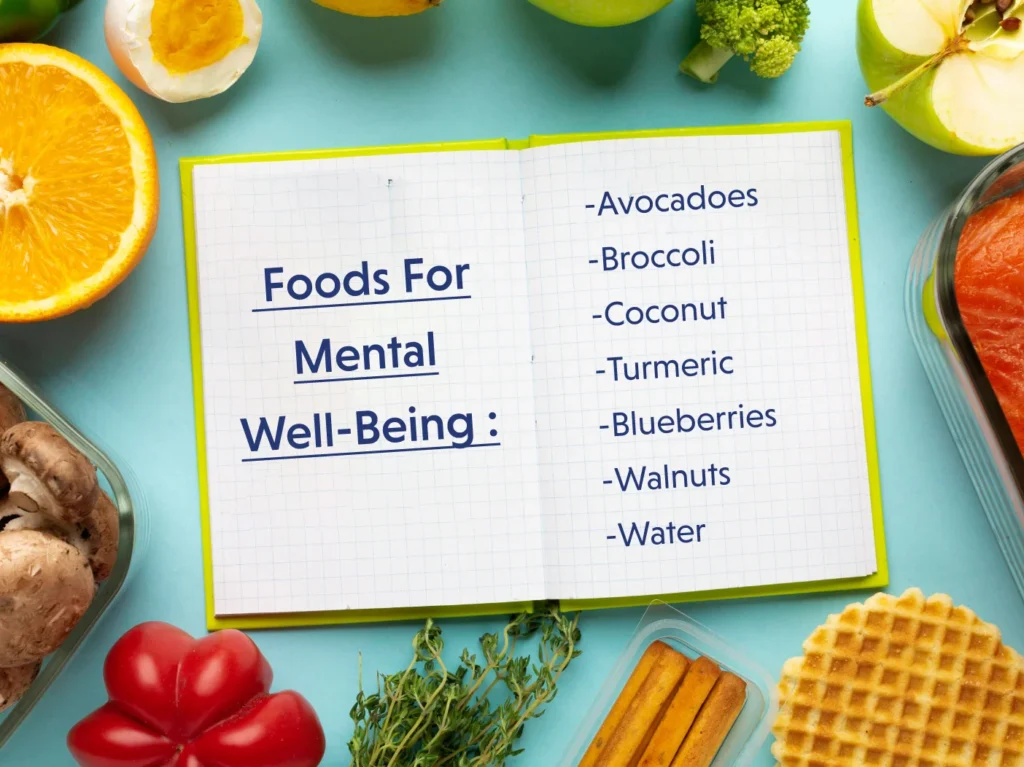UNDERSTANDING THE GUT-BRAIN AXIS
Those who are suffering from mental disorders like anxiety and depression are often always advised to practice gratitude by their psychologist or counselors. As per definition, gratitude is described as the positive emotion that focuses on what’s good in your life and the practice of being thankful for what we have. Practicing gratitude is not only about appreciating the comforts in your life but also the basic necessities. Gratitude is critical to having a healthy mindset and being successful.
Positive psychology research shows us that gratitude helps people feel more positive emotions, improve their health, deal with adversities, and build healthy relations. Keep reading to learn 5 more benefits of practicing gratitude.
- Being grateful creates happiness within us
Happier people tend to give more and giving has been proven to make people happier. Being grateful leads to lower stress levels and a more positive outlook on life. Individuals who are grateful tend to say thank you quite often to people in life. This gratitude mindset leads a person to have less mental illness and stress. Additionally, they are more resilient to major traumas in life and able to maintain their emotional well-being in disastrous situation.
- Gratitude leads to better performance at the workplace
Grateful people have increased determination and energy at work. They have more positive relationships with their corporate employees and co-workers. When a manager practices gratitude and recognizes their employee’s hard work, employees have a lower tendency to burn out. Your workers will have an increased commitment towards their company if they are empowered to give recognition to their peers too.
- Gratitude makes one morally alert
People who have been treated kindly by others are more likely to offer help to others. Therefore, their social and moral behavior is encouraged.
- Grateful people are physically healthier
Researchers have found a close relation amongst being thankful and being healthy. Grateful people have reduced symptoms of illness, lower blood pressure, and stronger immunity. These individuals get a more peaceful night’s sleep too, leading to greater energy and activeness the next morning.
- Gratitude improves relationships
Grateful people get along better with others as a feeling of appreciation makes them more conscientious, agreeable, open, and extroverted. Your relationship with your friends and family members improves with gratitude because of the optimistic approach and increased trust gratitude creates.
GUT-BRAIN AXIS
It may also surprise you to know that our gut motility is linked to our brain through various routes including the immune system, the vagus nerve, and the enteric nervous system. This connection is termed the gut-brain axis. Understanding the mechanisms underlying the gut-brain axis will help you better comprehend gut health and its impact on the feeling of gratitude. However, this area of study also holds value when we want to work on microbial-based intervention and therapeutic strategies for neuropsychiatric disorders.
Gratitude is a positive behavioral pattern that is associated with a host of mental and physical benefits. On the contrary, the gut-brain axis has given the overview of how the feeling of appreciation can improve your gut motility also.
GETTING YOUR GUT HEALTHIER WITH GRATITUDE
Many studies will tell you how the way you think and feel can change gut microbiome composition and their behavior. Any type of social stress can result in gut inflammation and decrease the population of beneficial bacteria in the gut. Therefore, when you practice gratitude on a regular basis, it makes you feel happy and content, boosts your self-esteem and decreases unwanted stress. The brain then sends signals via the gut-brain axis to your digestive tract which means “all is well”.
A grateful person has better digestion, absorption, and overall better-balanced gut landscape. On the contrary, people with extreme, chronic stress, even if they eat plenty of fiber are seen suffering from diarrhea or constipation. This is because stress triggers digestive problems by stimulating the fight and-flight response which consumes a lot of energy.
Other digestive benefits of gratitude are improved immune function, lower blood pressure, increased good cholesterol, and increased release of the ‘feel good’ hormone serotonin in the gut.
WAYS TO BE THANKFUL
- Manage a gratitude journal
When we focus on writing about the good things that happen to us each day, we unknowingly start noticing the good in everything around us. A gratitude journal will lead to a more optimistic mindset, further boosting your self-confidence.
- Each morning, think of the 3 good things
The first thing in the morning is to remember the people, those in your community, a specific place, or various elements in nature that comforts you. Doing this helps stop feelings of worthlessness and reduces your anxiety and depression.
- Practice gratitude rituals
Praying and thanking the food before a meal is one of the highest ways to show gratitude. Gratitude before eating doesn’t have to be religious, only the gesture has to be pure. It will restrict you from food wasting or rejecting food based on your taste preferences. One will learn to respect and value the major source of survival gifted by nature.
- Express gratitude in words
Show gratitude or give words of appreciation to those who did something nice for you. This will not only uplift your mood but will also make their day. For instance, talk to people using sentences like “it was really kind of you to”, “thank you for listening even when” and so on.You can also thank people by sending letters or a card with written words of appreciation.
- Express gratitude in the form of kindness
Any act of kindness can always be returned in kindness by being available for a person a little more than usual. This could be in the form of some monetary help or investing your time and resources.
Nourishment is another important benchmark to support your body in practicing gratitude. A nutritious diet plan will not only balance your gut motility but also your mind. Some foods to be added for your mental well-being are:

- Avocadoes
- Broccoli
- Coconut
- Turmeric
- Blueberries
- Walnuts
- Water
CONCLUSION
Gratitude is all about recognizing and appreciating what you have and valuing the efforts people make for you. Therefore, remember to incorporate these small steps of positivity in your lives each day to boost your health.
Download the JoyScore app for better mental, physical, and social health.
Download on the Appstore
Get it on Google Play



